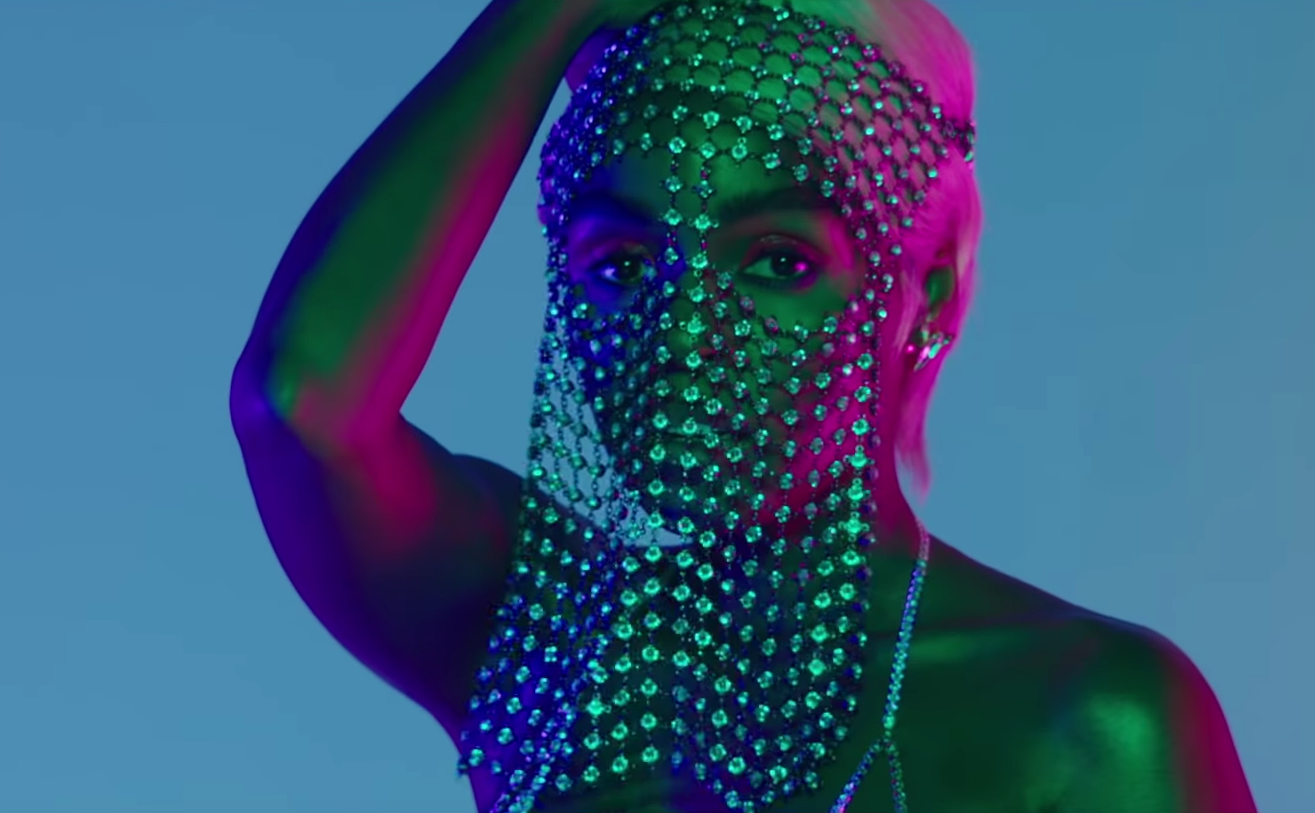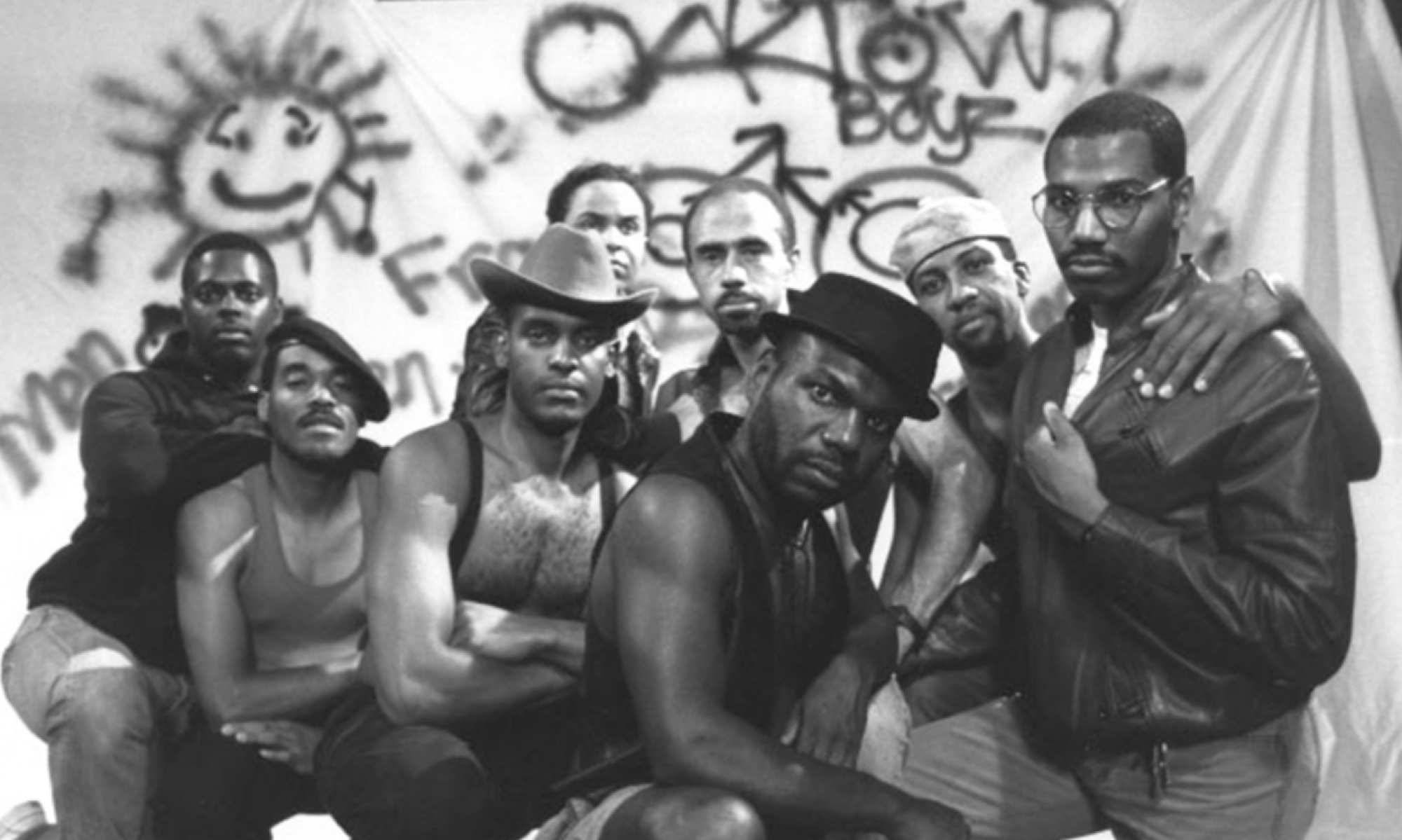As a 46 minute compilation, Janelle Monae’s Dirty Computer often bears greater similarities to a science fiction film than a modern music video; as an “emotion picture”, the piece uses dystopian, futuristic brainwashing to pull at our heart strings and relay the importance of memory in a world that is constantly propelling forward.

One of the most initially striking takeaways I had from Dirty Computer was Monae’s ability to send expertly intertwined messages of liberation, love, diversity, sex, individuality, and creativity through the familiar pop rhythms we more frequently hear pumping in the background of soulless summer anthems. From the start, the video’s first song “Crazy, Classic, Life” celebrates the individual and puts a twist on consumer expectations. The song begins with a recording of a sermon delivered by Dr. Sean McMillian*, blaring that “You told us, We hold these truths to be self-evident: That all men and women are created equal…” before diving into the first sung lyrics: “Young, Black, wild and free/ Naked in a limousine/ Riding through the hood real slow/ I love it when I smell the trees.” These opening seconds set the tone for the entirety of Monae’s Dirty Computer memory sequence, as her limp body, dressed in white and surrounded by a whitewashed space, lay at the hands of dystopia. In contrast to the cold “computer” world, her memories explode with color, movement, and the reflection of her lyrics—illustrations of youthful exploration and self-expression. She reflects on her own experiences and shows no hesitation in making her racial identity known to the listener. The setup tells us who Monae is singing about, but doesn’t restrict who she is singing for. In all of its personal and political storytelling, placing marginalized and rule-breaking groups at the forefront, Dirty Computerhas the same flowery-catchy beats that we might expect from any pop album. Monae’s forthright self-ownership does not exclude those who cannot immediately relate to the lyrics’ content, but allows listeners to easily sing along as they determine what makes them a dirty computer. By reconstructing the traditionally whitewashed pop narrative to convey the perspective of a young, black, queer woman, Monae breaches the comfort zone of commercial music while still maintaining the genre’s accessibility and joy. What’s more, in being fearless with her own self-expression, Monae liberates marginalized audiences to engage directly with the mainstream.
The convergence of commercialism and marginalization has been a central theme in our discussions this semester. Whether it be Carmen Miranda’s commodification as an economic and cultural bridge between Latin and North America, or the commercialization of the AIDs crisis which silenced suffering communities and spread vast misinformation, our material this semester has oft demonstrated how capitalist society misuses the marginalized and denies these groups self-expression on a wide platform. Dirty Computer, on the other hand, represents a mass reclamation that has been occurring since bell hooks wrote her first sentence or Martin Luther King Jr. gave his first sermon. In her music and video, Monae gives her voice myriad names and faces, all working in pursuit of art that can be both genuine and successful.
Monae further subverts our expectations through her use of the erotic, reminiscent of Audre Lorde’s essay “Uses of the Erotic: The Erotic as Power”. Throughout Dirty Computer, sex tells a tale of the past and future. In the modern computer world, everyone is cloaked in white, signaling purity, and their wiped memories leave the characters void of past sexual and romantic relationships. Monae’s character, Jane 57821, who is a “Dirty computer”, is cognizant of her former relationship with Tessa Thompson’s character Zen, who is now “Mary Apple 53”, a memory-wiped puppet of the dystopian world. As the film progresses it becomes clear that there is a particular type of memory that must be erased from the “dirty computers” to make them acceptable in the new world: sex., further illustrated through the videos. “Screwed”, for instance, is lyrically about casual sex as a reaction to the world’s political and violent chaos. “Pynk” is both visually and lyrically about vaginas, as well as an ode to the color that is internally ubiquitous among humans, regardless of what’s on the outside. Like Lorde, Monae uses the erotic as a source of power in her lyrics and in her video, and the erotic is not necessarily always contingent on sex itself. As the video shows, “Screwed” might be more about finding confidence and determination in one’s erotic being than about actually being screwed. Likewise, Pynk is not about a physical act, but the reclamation of the vagina as a woman’s source of pride and power. Even Jane and Tessa’s relationship is not necessarily all about sexual tension and consumption, but the vivacity and beauty that can emerge from the erotic.

As a whole, Dirty Computer is authentic and unapologetic. Its moral tells us that we might all be a little “dirty”, and there’s nothing wrong with that. Instead, this difference is what injects our art, music, and life with color and movement. Janelle Monae serves as a pop renegade for both the marginalized and the mainstream, and her commercial success demonstrates how far we’ve come from the days of Carmen Miranda and Bo’s n Whistles.
* http://www.philly.com/philly/entertainment/music/janelle-monae-dirty-computer-20180504.html
